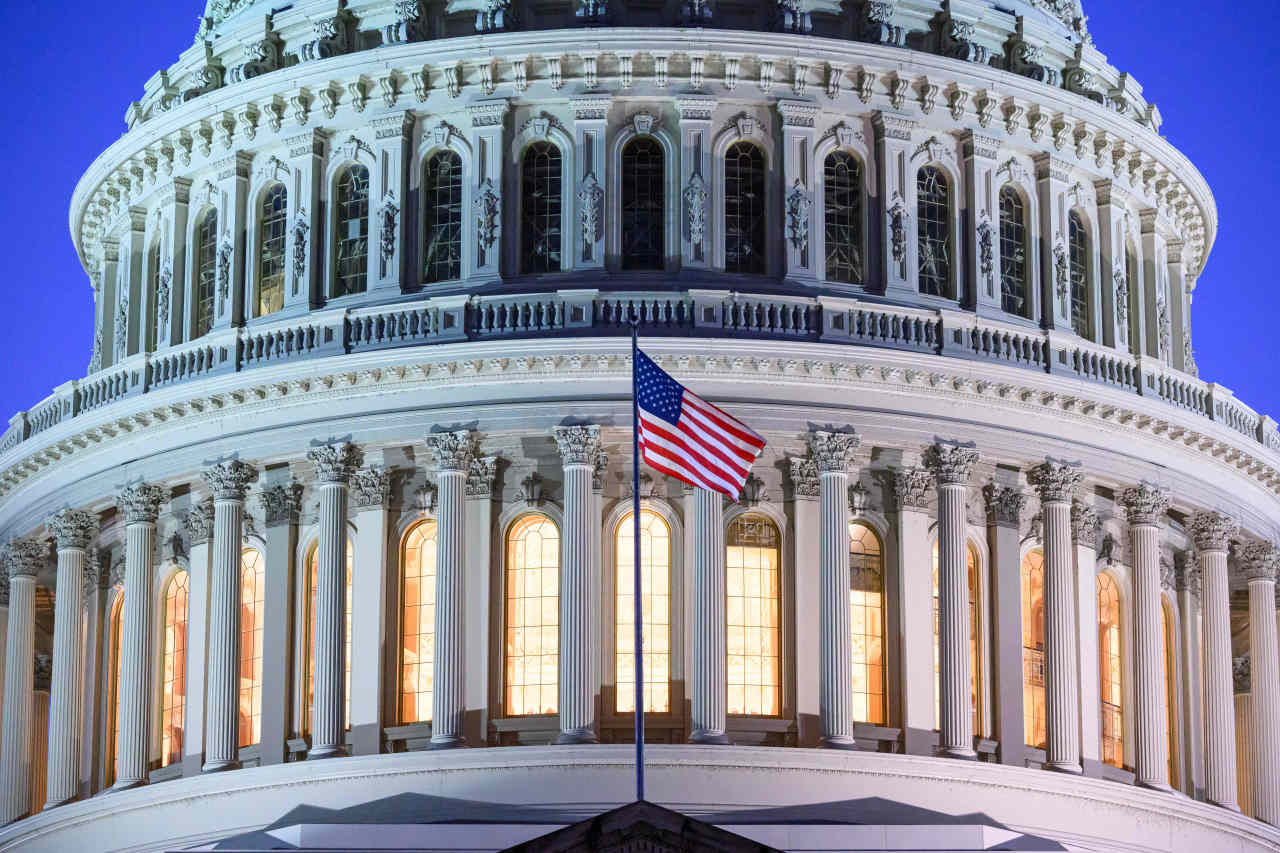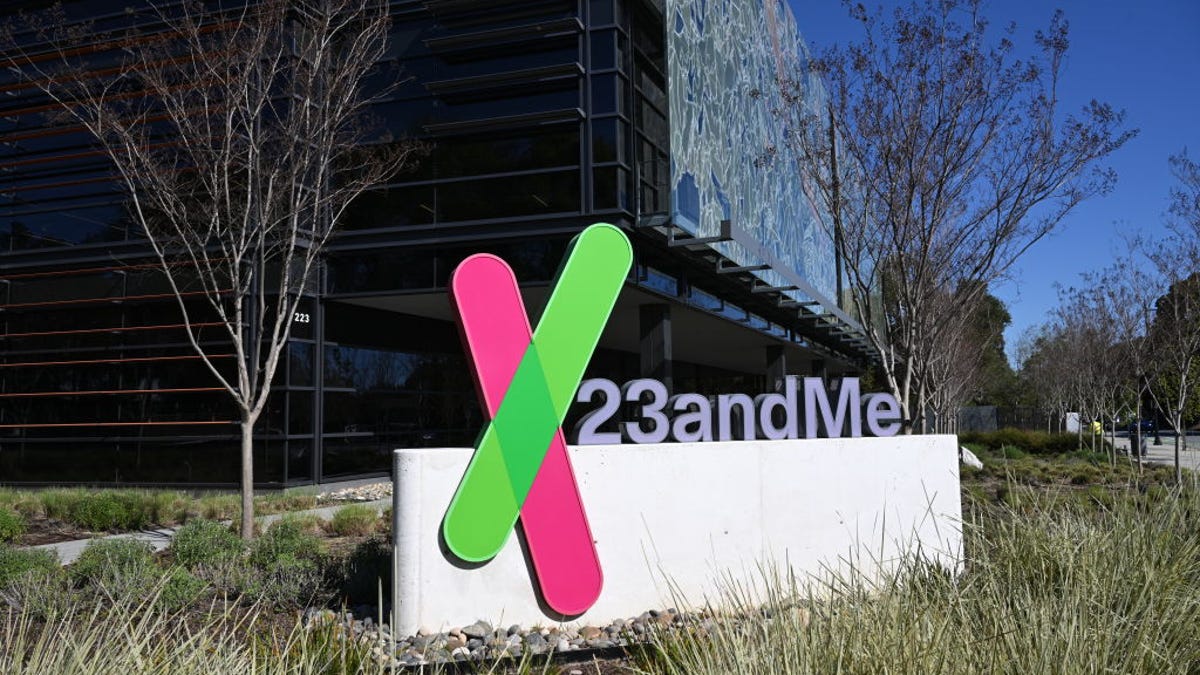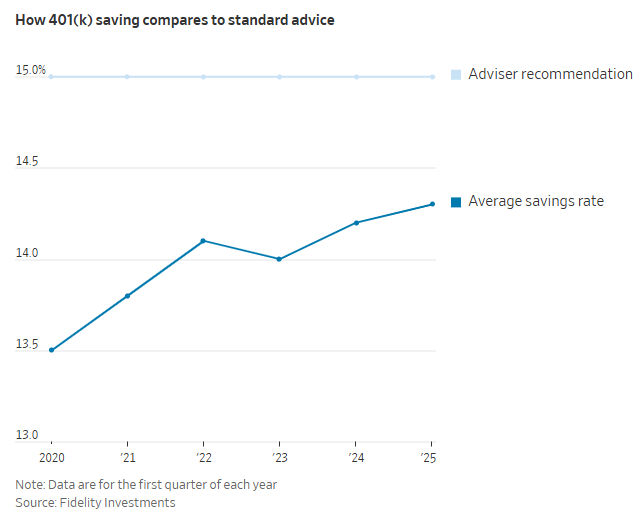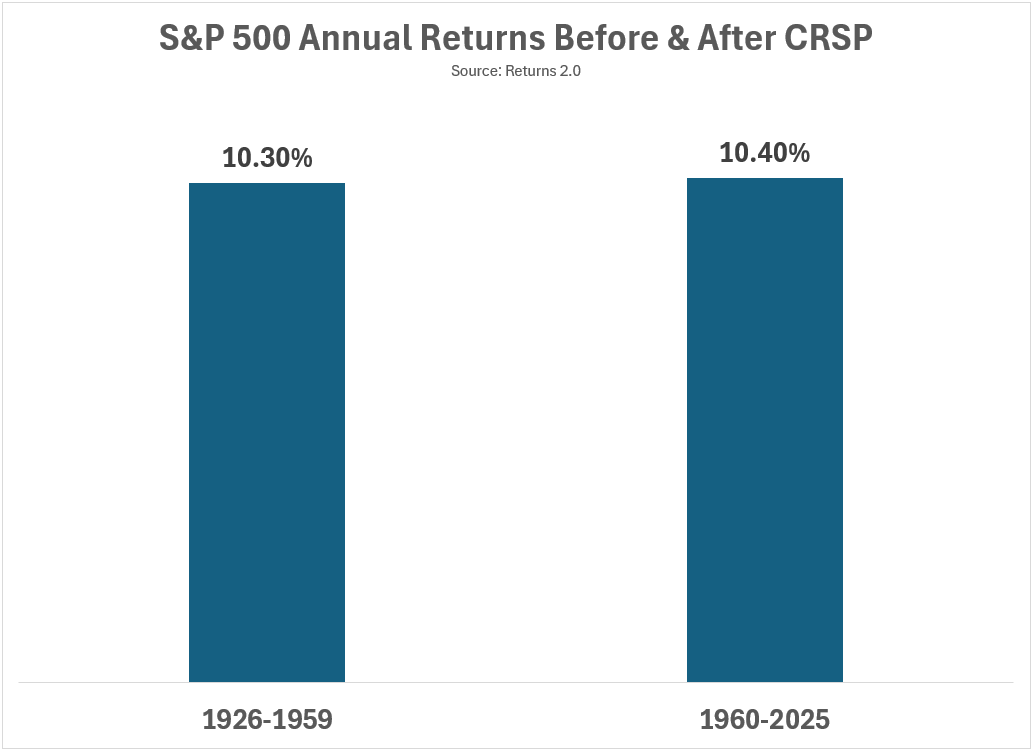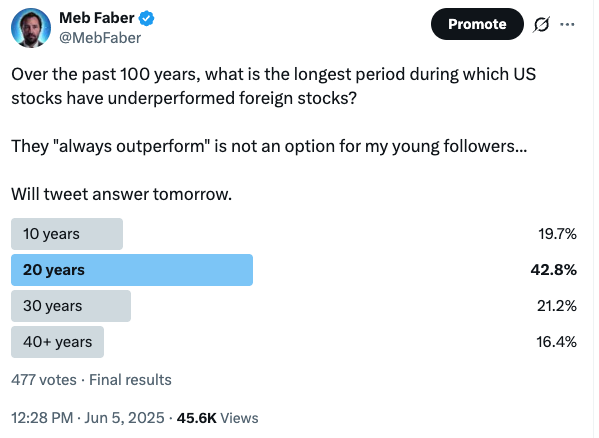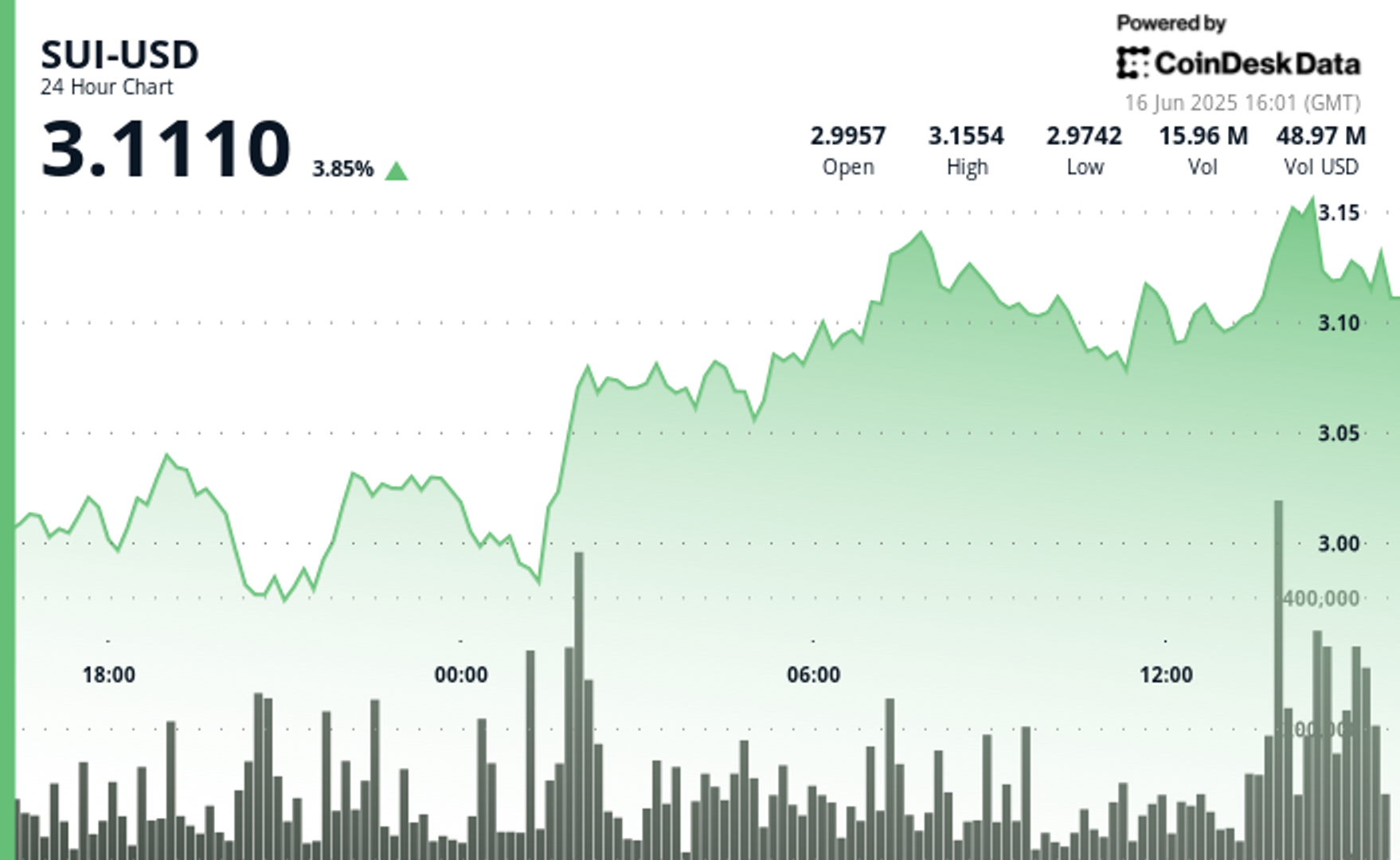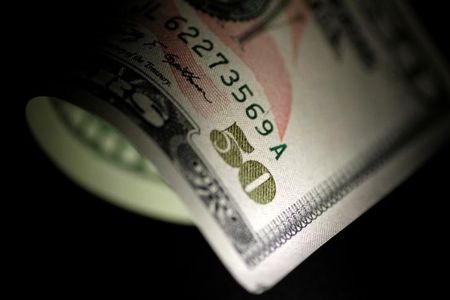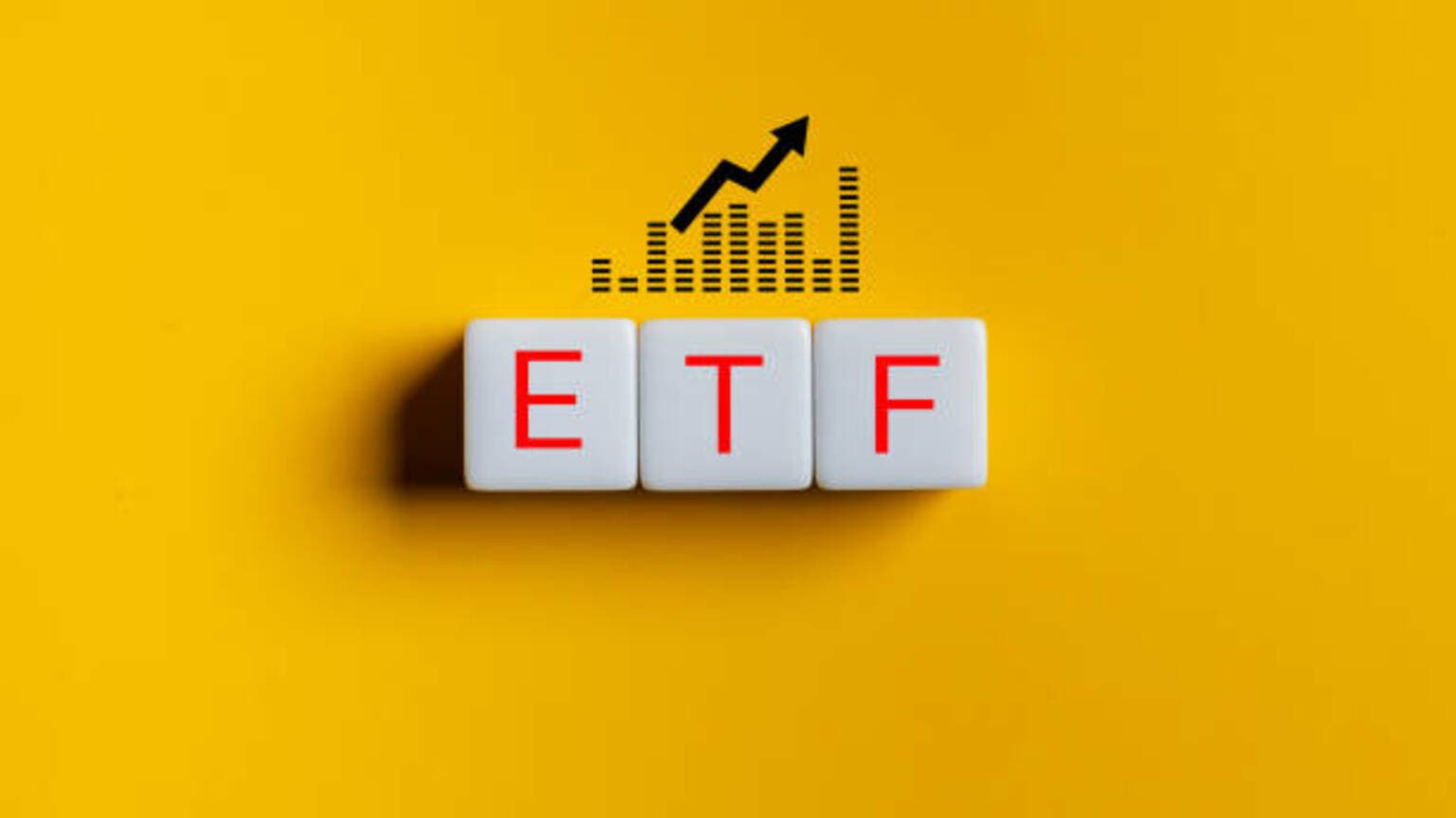Every Rivian Investor Should Keep an Eye on These 2 Numbers
Despite heavy volatility, Rivian (NASDAQ: RIVN) share prices have jumped nearly 20% in value over the past year. Part of that growth is tied to analyst expectations that revenue will jump by 10% this year, with another 48% growth anticipated in 2026. It's definitely a metric to follow. Apart from revenue growth, however, there are two other numbers that investors should be monitoring very closely. A new bill backed by President Donald Trump could eliminate tax credits for electric vehicle (EV) buyers. Currently, qualified buyers can receive anywhere from $4,000 to $7,500 in tax credits when they purchase an EV. While we don't have exact data for Rivian, surveys of other EV brands suggest that 36% to 53% of buyers wouldn't have purchased their EV without a tax credit. Rivian's current lineup largely doesn't qualify for federal tax incentives apart from a commercial leasing loophole. But next year, Rivian plans on releasing three new vehicles priced under $50,000 -- all of which would qualify for the current tax credits. If tax credits are eliminated, these new affordable models could face lower demand, as their effective cost for consumers would be higher. Continue reading

Despite heavy volatility, Rivian (NASDAQ: RIVN) share prices have jumped nearly 20% in value over the past year. Part of that growth is tied to analyst expectations that revenue will jump by 10% this year, with another 48% growth anticipated in 2026. It's definitely a metric to follow. Apart from revenue growth, however, there are two other numbers that investors should be monitoring very closely.
A new bill backed by President Donald Trump could eliminate tax credits for electric vehicle (EV) buyers. Currently, qualified buyers can receive anywhere from $4,000 to $7,500 in tax credits when they purchase an EV. While we don't have exact data for Rivian, surveys of other EV brands suggest that 36% to 53% of buyers wouldn't have purchased their EV without a tax credit.
Rivian's current lineup largely doesn't qualify for federal tax incentives apart from a commercial leasing loophole. But next year, Rivian plans on releasing three new vehicles priced under $50,000 -- all of which would qualify for the current tax credits. If tax credits are eliminated, these new affordable models could face lower demand, as their effective cost for consumers would be higher.





















